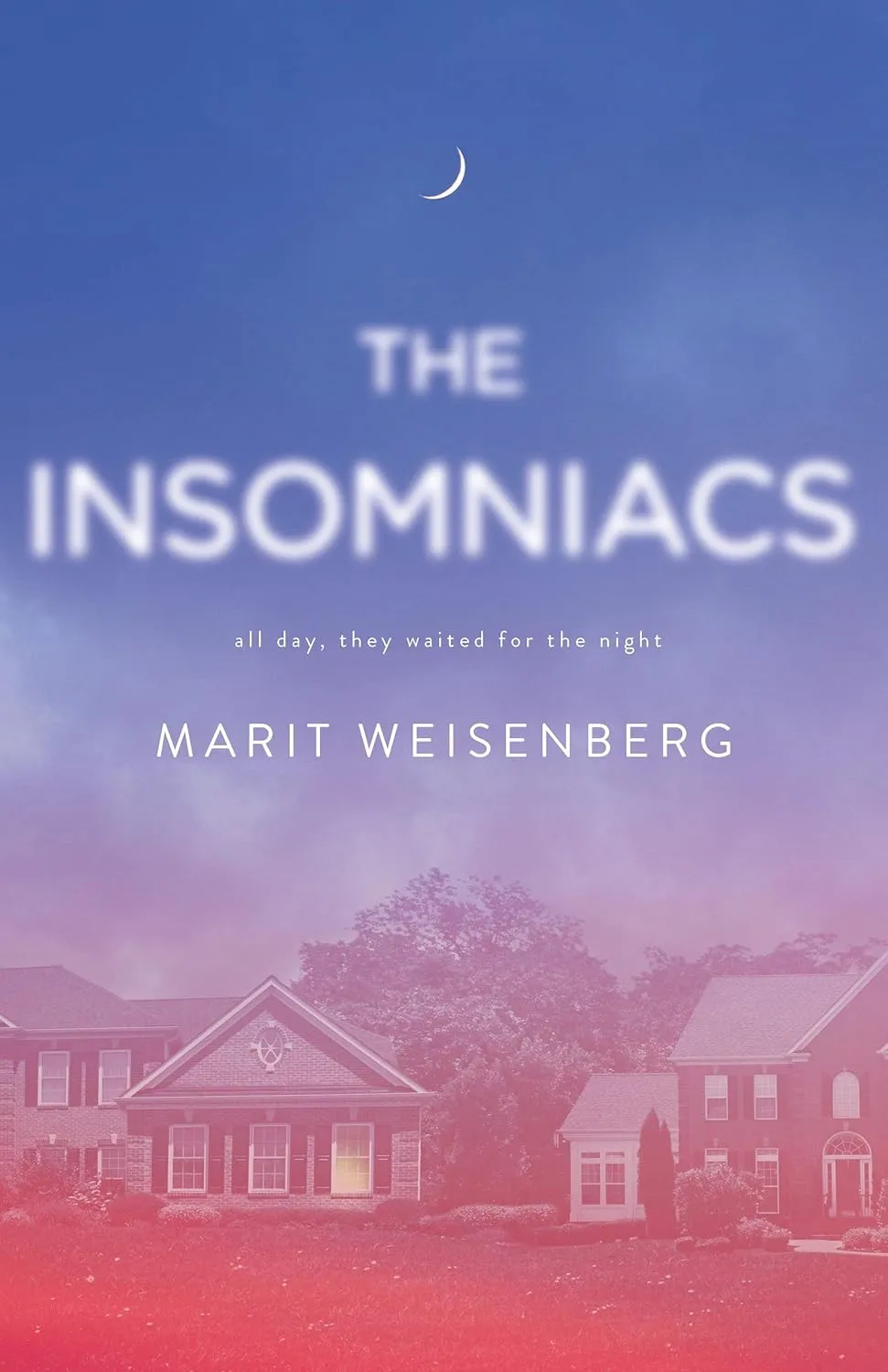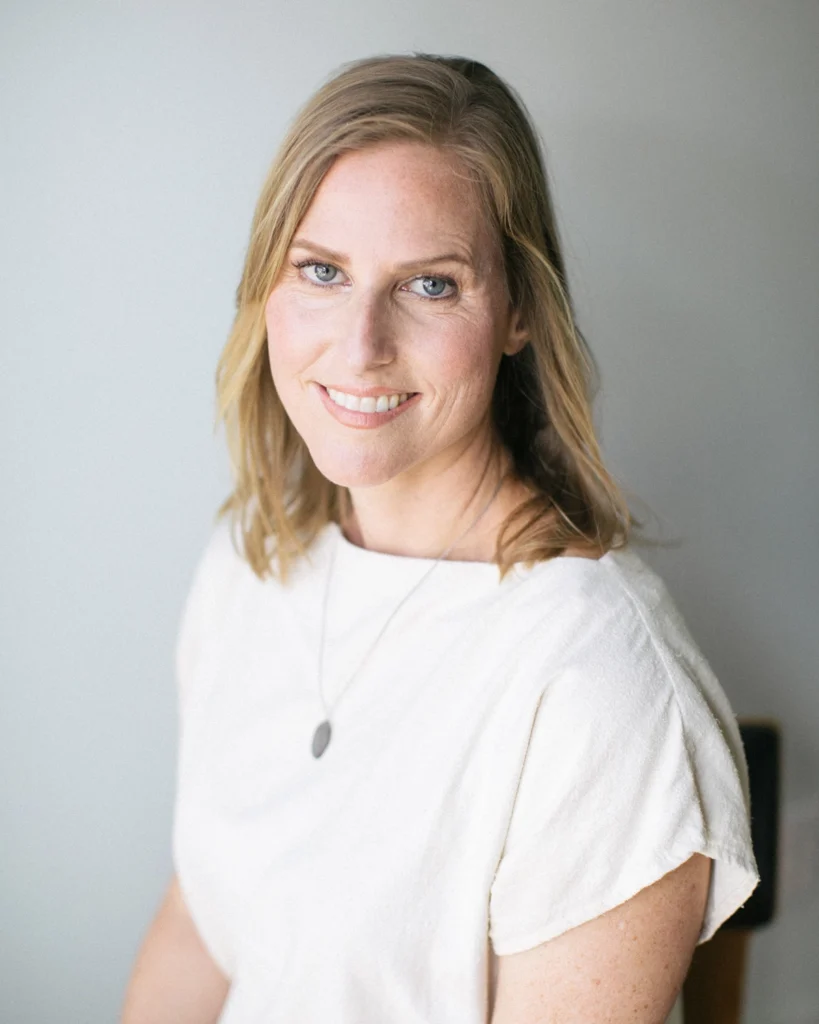
An Interview with Marit Weisenberg
Words By Marit Weisenberg, Interviewed by Jazzmin Joya
What was the inspiration behind writing The Insomniacs?
In high school, my best friend was (and still is) an insomniac. At some point, I realized she had a whole other life that took place at night. She had two social lives during high school while most of us have only one! Years and years later, I loved this idea for a story—the chance to have a double life but also tell the story of a friendship/romantic relationship that takes place strictly in the night.
In The Insomniacs, you include a level of mystery. Why is this aspect important for your style of storytelling? What challenges did you face while writing The Insomniacs when trying to incorporate this element?
I love writing stories with multiple layers and slowly revealing them. The set-up of the book was inspired by the Hitchcock film, Rear Window, although it was challenging because this book is a mystery, not a thriller. Instead of a dead body, the mystery revolves around betrayal. The book is in many ways, a psychological mystery, and that internal journey was extremely challenging to write! It incorporates the element of “Did I actually see that or was it all a dream?” and “Can I trust my own eyes when I’m exhausted and recovering from an injury?”
The novel touches upon familial issues with Ingrid’s absentee father and a mother who is almost always working. How does this play a role in Ingrid’s guilt and PTSD?
Ingrid, like many kids, is protective of her parent. She is powerless when her dad leaves, and watches how it impacts her mom financially and emotionally. As a result, Ingrid takes on more emotional responsibility and worry than she should—in doing so she’s sent messages of strength and independence that are easily misconstrued as “I don’t have any problems.” Both Ingrid and Van internalize much of their grief about their parents as their fault, becoming central figures in the stories they tell themselves about their parents and what happened to them.
When writing how do you decide which plot point to focus on? How do you bring your initial story idea into fruition? What plot point did you most want to focus on with “The Insomniacs?”
This book had pretty intricate plotting. I like to think of the different plot threads as spinning plates that need to be balanced, not dropped! If I’ve left one alone for too long, it was time to bring it back in. I mostly wanted to focus on Van and Ingrid’s love story! Those scenes of reconnection, flirtation, and misunderstanding were so fun to write.

Throughout the story, we also see Van and Ingrid’s romantic relationship develop as the story progresses. What was most important to develop this relationship? What role do you think romance plays in The Insomniacs and other YA novels?
I aimed to establish the slow burn in the story, highlighting the contrast between Ingrid and Van’s perceived social differences. Building trust between them, as well as rekindling their childhood bond was very important. I appreciate how an old friendship can transcend time and circumstances. To me, romance in YA novels represents hope and a new experience knocking on your door. Suddenly the day-to-day changes and ends up demonstrating how life can take on new dimensions overnight.
The Insomniacs has been described as a coming-of-age story. What elements do you think are important to you when writing such a story?
My characters grapple with flaws they see as permanent, terrible parts of themselves. They undergo a journey of self-forgiveness and realization that their flaws don’t define them as bad people. Easier said than done! Through their experiences, they gain awareness that they’re not alone, that we’re all flawed, including the adults in their lives. Almost all of my characters realize they need to listen to their own instincts over the opinions of those they love most in the world. They move forward, making decisions more aligned with their true selves.
It’s mentioned on your website that you enjoy writing YA. What is it about YA that draws you towards the genre?
I love writing YA because I remember that time in my life so vividly! Everything seems brand new because you haven’t made any permanent decisions that will take you down a set path. The world appears open. Not all of my books have this, but my favorite trope is friends to lovers. Also, a touch of Romeo and Juliet because I love when people cross perceived social barriers to be together.
How would you describe the publishing process? What was most difficult and what made it easier for you? What advice would you give to aspiring authors?
I thought it would be smooth(er) sailing once I signed with an agent. But then you need editors/publishers to say yes, then you need readers to say yes. My advice would be to remember that the process is SO subjective. One reader will love your main character and another will say, “your main character didn’t resonate.” My author friend and I say, over and over again, “It only takes one.” It only takes one agent to say, “I love it!” Also, you can’t just tell yourself to have a thick skin, but you definitely develop one over time. My best advice is to finish whatever you are working on. Just finish it!! So many writers never finish their project whether it’s a book, a screenplay, a play, etc. You are way ahead of the game if you complete something (even if it’s a terrible first draft!). Just keep going, even if you’re feeling unsure.